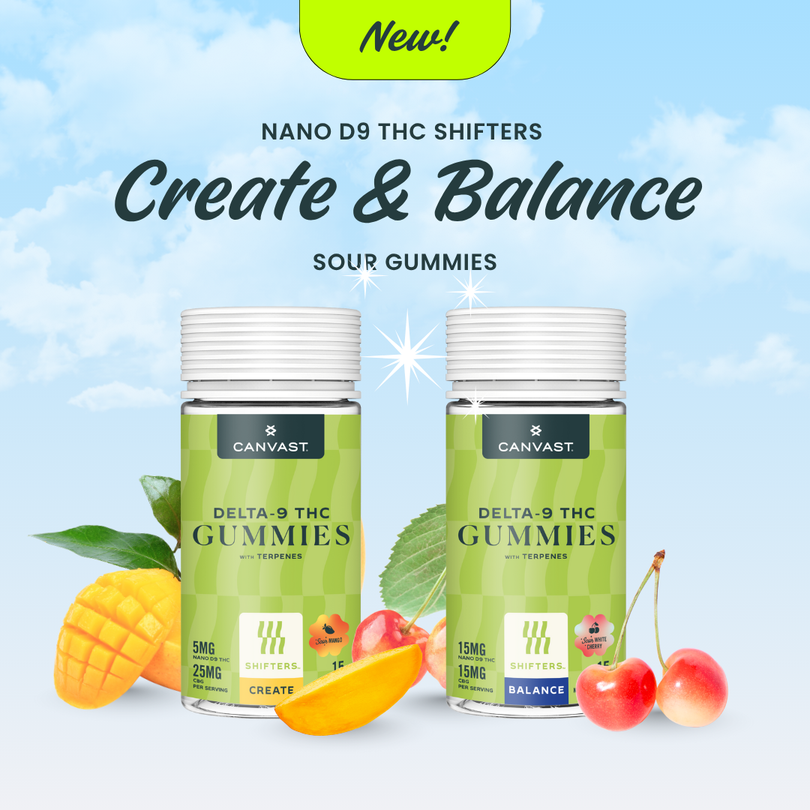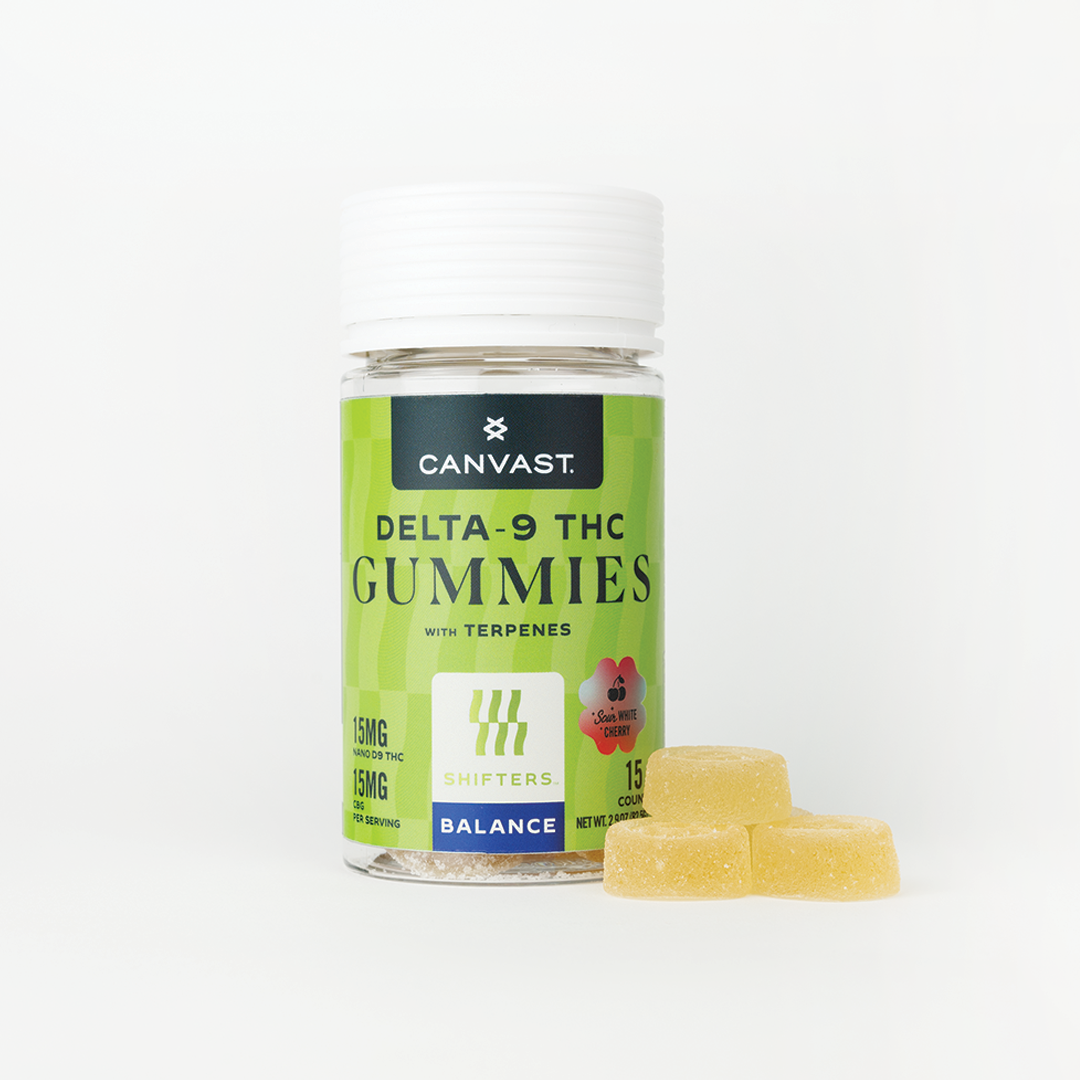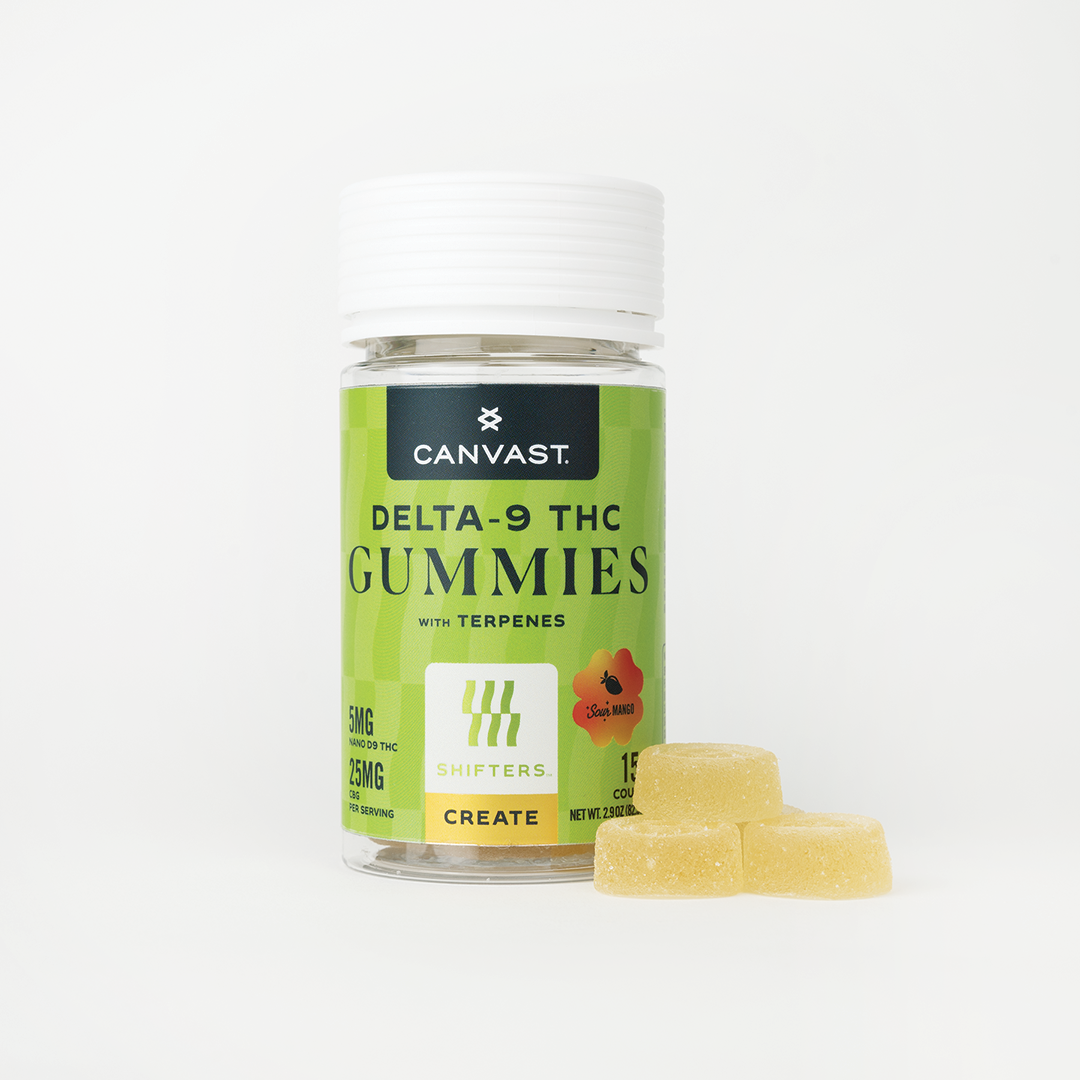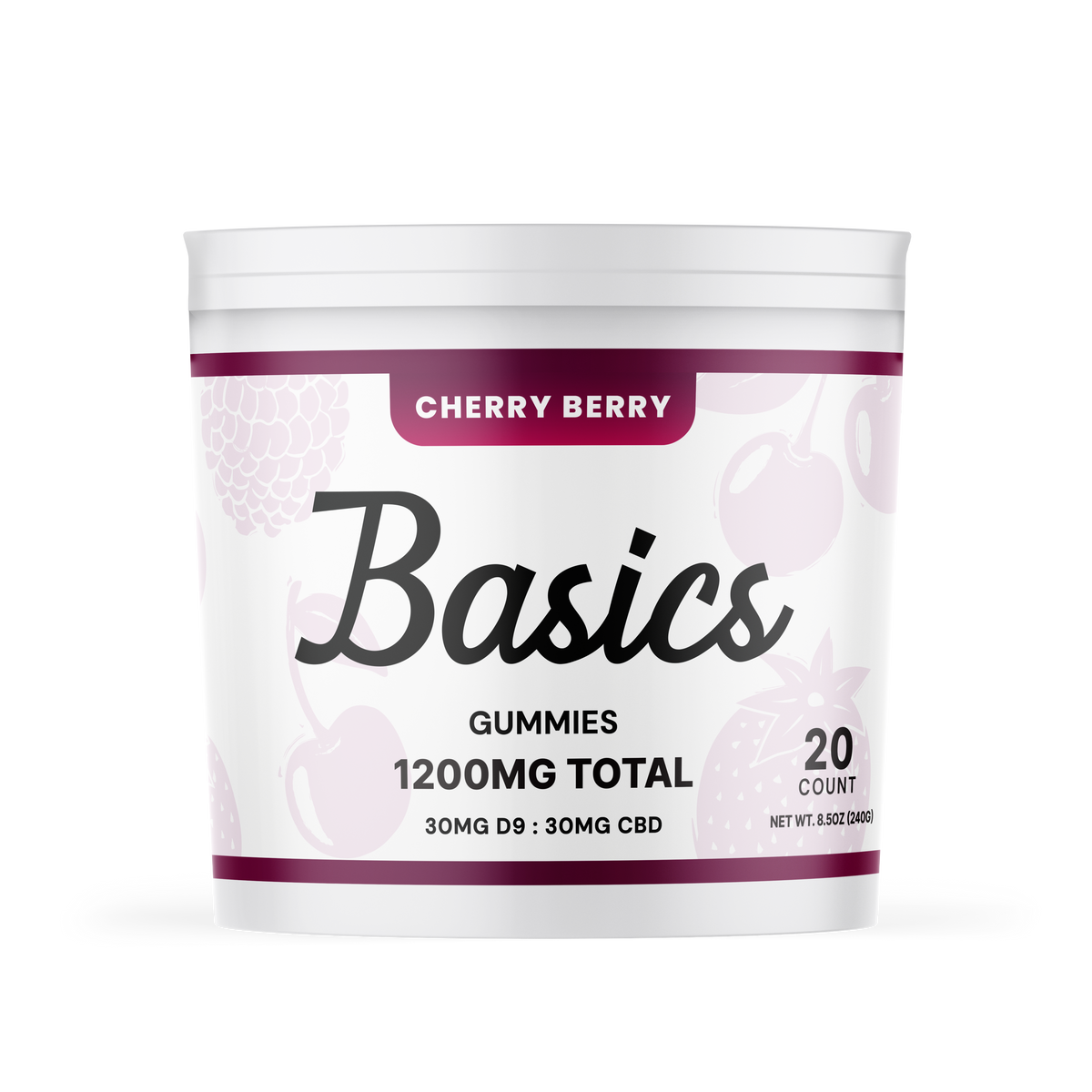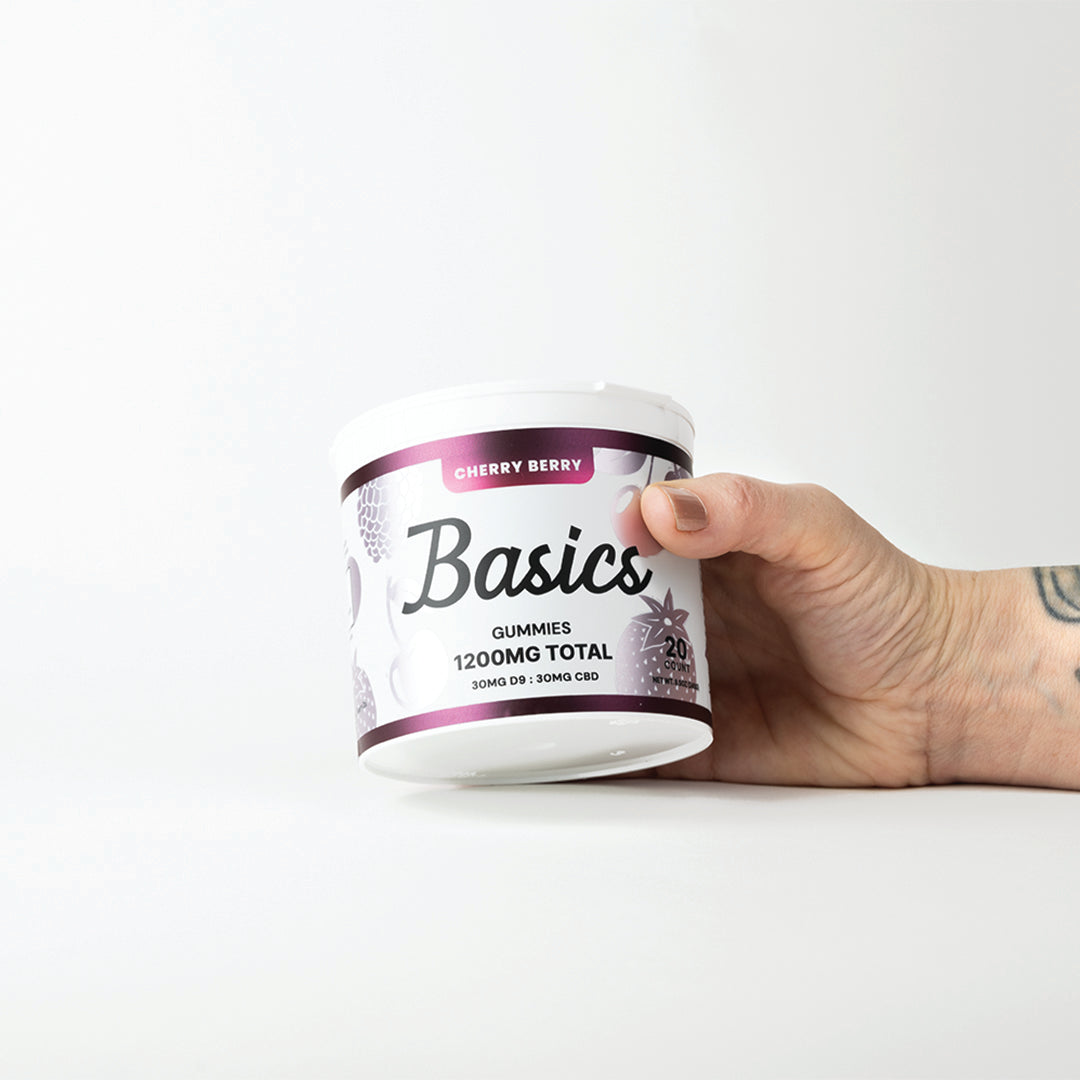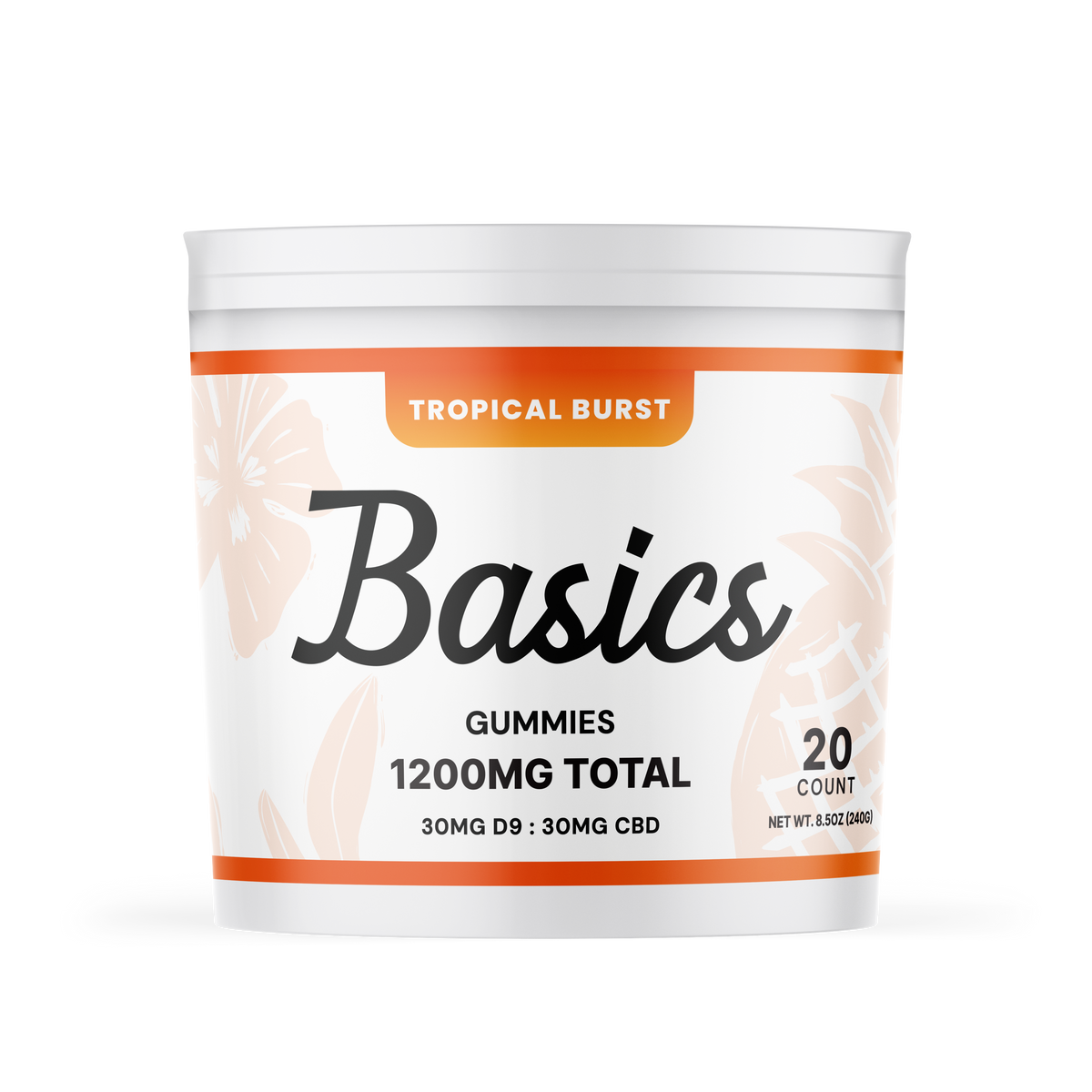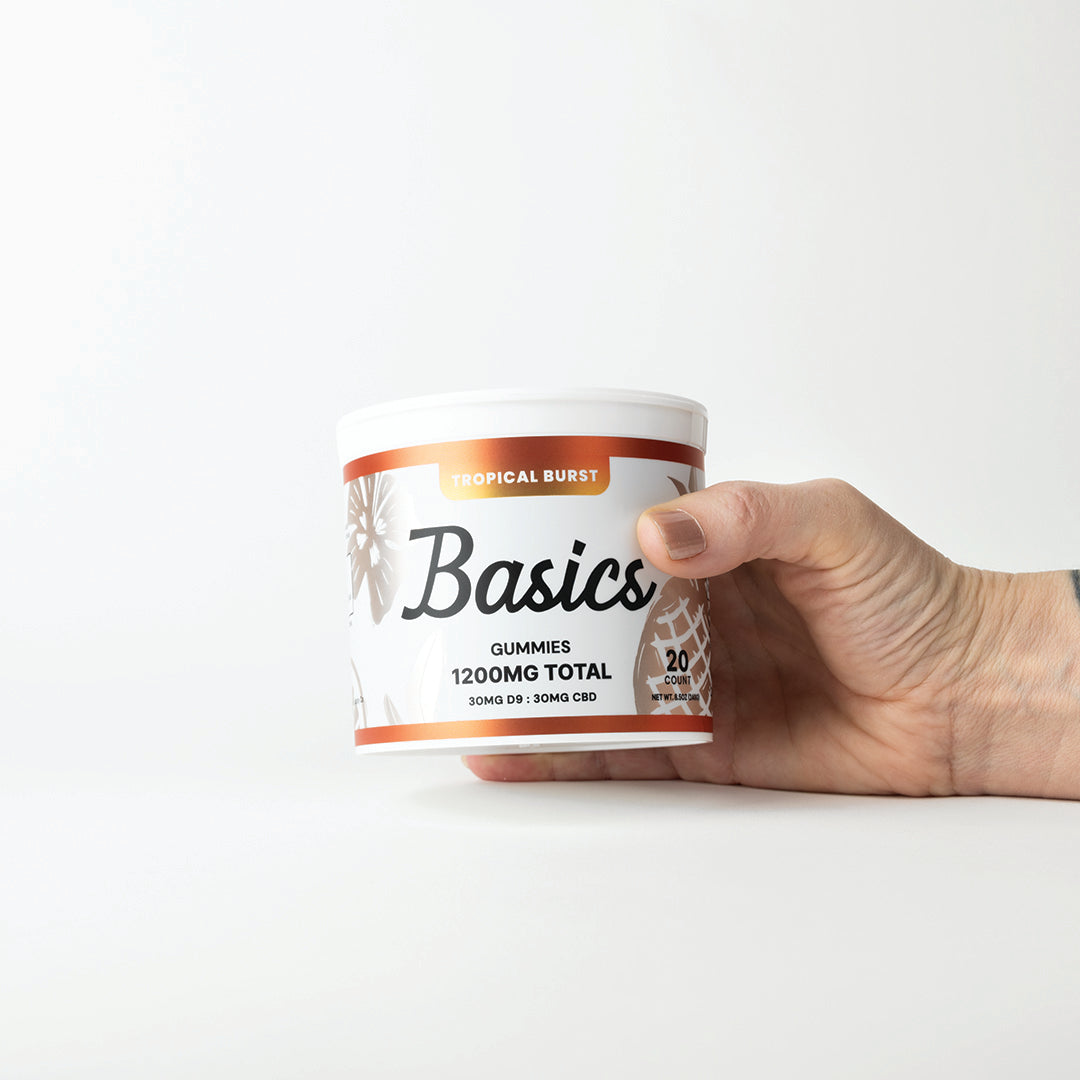Overview of the Future of Hemp: A Path Towards Sustainability
There has been a remarkable resurgence of interest in hemp in recent years. A once-misunderstood plant is now hailed as a champion of sustainability, offering eco-friendly solutions across various industries. From textiles to construction materials, as well as wellness, hemp is paving the way for a greener, more sustainable future.
Cannabinoids: Wellness and Medicine
Hemp: Nature's Versatile Gift:
CBD Pre-Rolls:
A smokeable wellness trend the market for CBD pre-rolls is booming as more people seek natural alternatives for relaxation and stress relief. Unlike traditional cigarettes, CBD pre-rolls contain no tobacco and minimal THC, offering users the potential benefits of CBD without the psychoactive effects. These pre-rolls provide a convenient and discreet way to enjoy the therapeutic properties of hemp.
THCa Indica Hemp Flower:
Unveiling Nature's Potency THCa, the precursor to THC, is garnering attention for its potential therapeutic effects, particularly in indica hemp flower strains. These strains are bred to have higher levels of THCa, which some users find beneficial for managing pain, insomnia, and inflammation. As research into cannabinoids progresses, THCa's role in wellness may become increasingly significant.
CBD Sativa Hemp Flower:
Energize and Uplift Sativa hemp flower, rich in CBD and low in THC, offers a different experience from its indica counterparts. Known for its uplifting and energizing effects, CBD sativa strains are favored by those seeking a mood boost without sedation. Whether enjoyed through smoking, vaping, or incorporating into edibles, CBD sativa hemp flower provides a natural pick-me-up.
The Promise of Hemp for Sustainability
Hemp's potential extends far beyond its wellness applications. As we face pressing environmental challenges, hemp emerges as a beacon of hope for sustainability. Here's how:
Carbon Sequestration:
Hemp is a champion in carbon sequestration, absorbing large amounts of CO2 during its rapid growth cycle. This makes it an invaluable tool in mitigating climate change and reducing carbon emissions.
Soil Regeneration:
Hemp's deep root system helps prevent soil erosion and improves soil health by aerating and replenishing nutrients. Its cultivation can even revitalize degraded soils, making it a sustainable choice for agriculture.
Water Efficiency:
Compared to many traditional crops, hemp requires minimal water to thrive, making it ideal for regions facing water scarcity. Its resilience to drought further enhances its appeal as a sustainable crop.
Biodegradable Alternatives:
Hemp-based materials, such as bioplastics and hempcrete, offer biodegradable alternatives to petroleum-based products. This reduces dependence on fossil fuels and helps combat plastic pollution.
Broadening the Influence of Cannabinoids through Research
The realm of cannabinoid research presents another avenue for the promising future of hemp. As mounting evidence underscores the potential health benefits of cannabinoids, there exists a tangible opportunity to establish a robust wellness sector rooted in hemp. This research transcends mere symptom relief; it holds the potential to reshape our perceptions of medicine and healthcare.
Embracing a Greener Future
As we stand at the crossroads of the environmental crisis, embracing hemp offers a path toward a greener, more sustainable future. By incorporating hemp into various industries, from agriculture to manufacturing, we can reduce our ecological footprint and foster a more harmonious relationship with the planet.
Conclusion
In conclusion, the future of hemp is bright, promising, and undeniably sustainable. From CBD pre-rolls to THCa indica hemp flower and CBD sativa hemp flower, this versatile plant holds the key to a healthier, more environmentally conscious world. Let's seize the opportunity to harness the power of hemp and pave for a brighter tomorrow.


